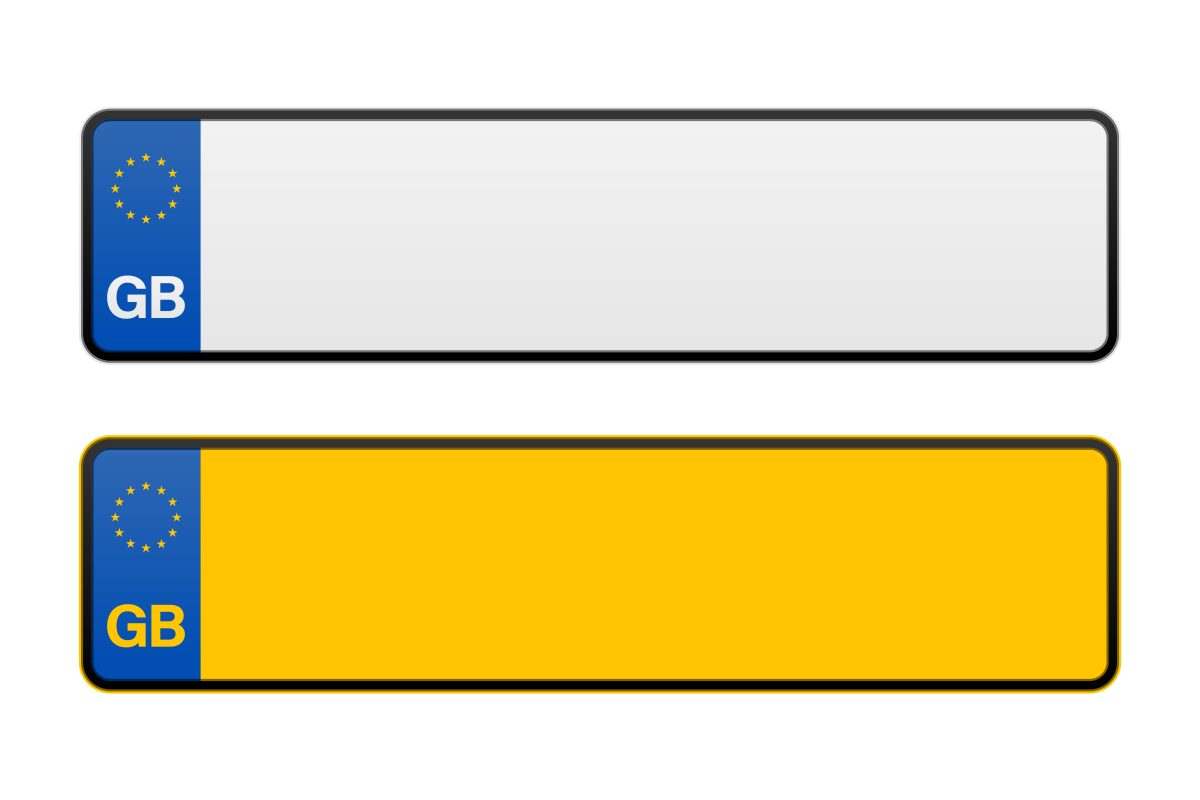Mobility scooters in the United Kingdom do not require a number plate. Mobility scooters are classified as “invalid carriages” under UK law and are divided into two primary categories:
- Class 2 invalid carriages: These can’t be used on the road (except where there isn’t a pavement) and have a maximum speed of 4 mph.
- Class 3 invalid carriages: These can be used on the road, and they can go up to 8 mph on the road but must not exceed 4 mph off the road or on pavements.
For Class 3 scooters, you are required to register them with the DVLA (Driver and Vehicle Licensing Agency) but they are not required to have a number plate. You will need to have insurance and the vehicle should comply with certain specifications like having lights and indicators. You do not need a driving license to use a mobility scooter or powered wheelchair, but you may find it beneficial to have training to operate one safely.
Note that the laws and regulations can change, so you should consult the most recent guidance or legal advice for the most current information.
Do mobility scooters have registration in the UK?
In the United Kingdom, only Class 3 mobility scooters need to be registered with the DVLA (Driver and Vehicle Licensing Agency), but they do not require a number plate or road tax. Class 3 mobility scooters are those that can be used on the road and have a maximum speed of 8 mph. However, when used on pavements, they must not exceed 4 mph.
When you register a Class 3 mobility scooter, you should receive a “nil value” tax disc, but you are not required to display it on the scooter. Although insurance is not legally required, it is strongly recommended.
For Class 2 mobility scooters, which are intended only for pavement and indoor use and have a maximum speed of 4 mph, registration with the DVLA is not required.
Regulations and requirements may change over time, so for the most accurate and current information, you should consult the DVLA or other relevant authorities.
Can you put private plate on mobility?
In the United Kingdom, mobility scooters—whether Class 2 or Class 3—do not require a number plate. Consequently, the concept of putting a “private plate” on a mobility scooter doesn’t apply in the same way it would for cars or other road-legal vehicles.
Class 3 mobility scooters do need to be registered with the DVLA, but they are not issued a number plate, and there are no provisions in UK law for attaching one, private or otherwise.
However, some people personalize their mobility scooters with various types of decals, stickers, or other forms of identification, which can be akin to a “private plate” in spirit, if not in law. Just make sure that any personalizations you add do not impede the scooter’s functionality or safety features.
If you are thinking about any modifications or personalizations, it’s also worth checking to ensure that they won’t void any warranties or violate any local regulations or rules of the area where you’ll be using the scooter. Always remember that laws and regulations can change, so it’s best to consult with the most current guidance for the most accurate information.

